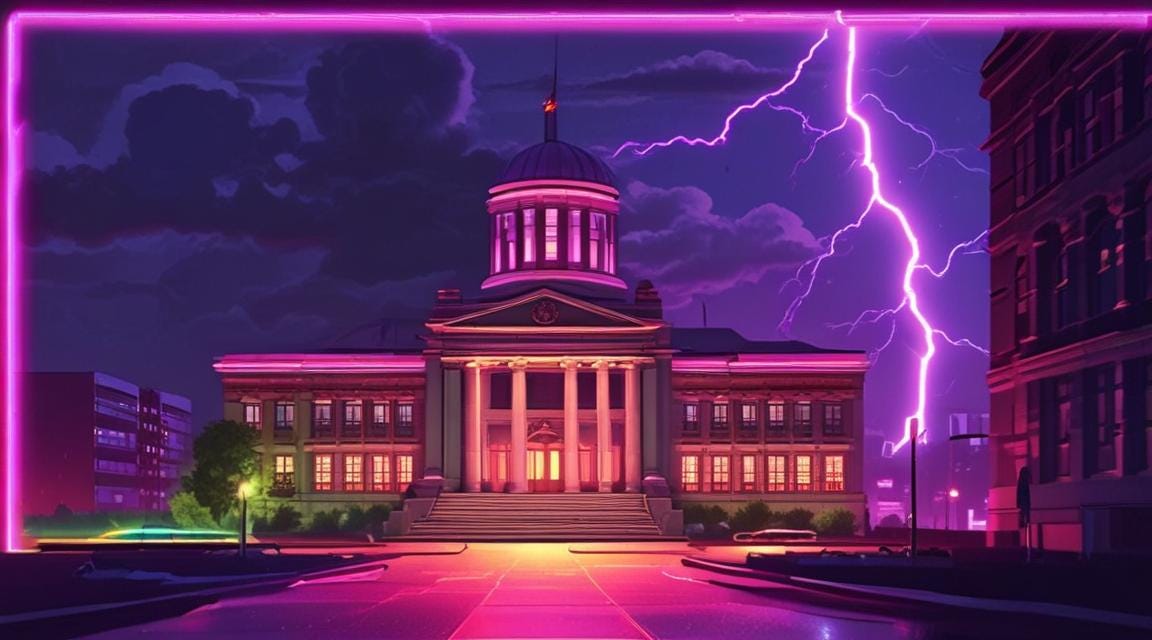In The Latest Ruling by SCOTUS on Tribal Sovereignty, the Dissent Foreshadows a Conservative Line of Attack on Policy
A win for Tribal Rights at SCOTUS! But the dissent foreshadows how conservatives will attack policies they oppose with an old familiar conservative refrain revamped for the courthouse.
On June 6, 2024, the Supreme Court of the United States ruhat the government has to reimburse indigenous tribes for overhead and administrative expenses when the tribes run their own healthcare programs. This is a win for tribal sovereignty, but the dissent in the case revealed a disturbing trend and emerging line of attack among the conservative members of the court that I believe will be used in other cases as well, particularly when it comes to undermining progressive agendas.
What Was This Case About?
This case, Becerra v. San Carlos Apache Tribe, centered on the Indian Self-Determination and Education Assistance Act (ISDA) (25 U.S.C. § 5301 et seq.). More specifically, it focused on self-determination contracts for health services with the Indian Health Service (IHS). IHS is a division of the US Department of Health and Human Services, and it is responsible for providing direct and public health services to federally recognized indigenous tribes and Alaskan indigenous people. These self-determination contracts allow a tribe to provide its own services to its members instead of the IHS. The IHS provides funding to the tribe to operate these health services which cannot be less than the amount that the IHS would have spent if IHS were the one providing those services. The tribes can also receive payments from Medicare, Medicaid, and private insurers when providing healthcare (IHS has that same right). The income from these insurers must be used to further the purpose of the self-determination contract.
However, providing healthcare comes with overhead and administrative costs. IHS obviously does not run into that issue because it is the federal government. The federal government pays those costs. So, Congress amended ISDA to require the government to pay for “contract support costs” to cover reasonable costs for activities that must be performed in order to comply with the self-determination contract. The San Carlos Apache Tribe and the Northern Arapaho Tribe had these self-determination contracts with IHS to run various health programs, but IHS did not reimburse them for costs associated with overhead and administrative fees for various costs and overhead for what the government called “indirect costs,” so things like seeking reimbursement from Medicare, Medicaid, and private insurers.
Keep reading with a 7-day free trial
Subscribe to Hot Dockets to keep reading this post and get 7 days of free access to the full post archives.

